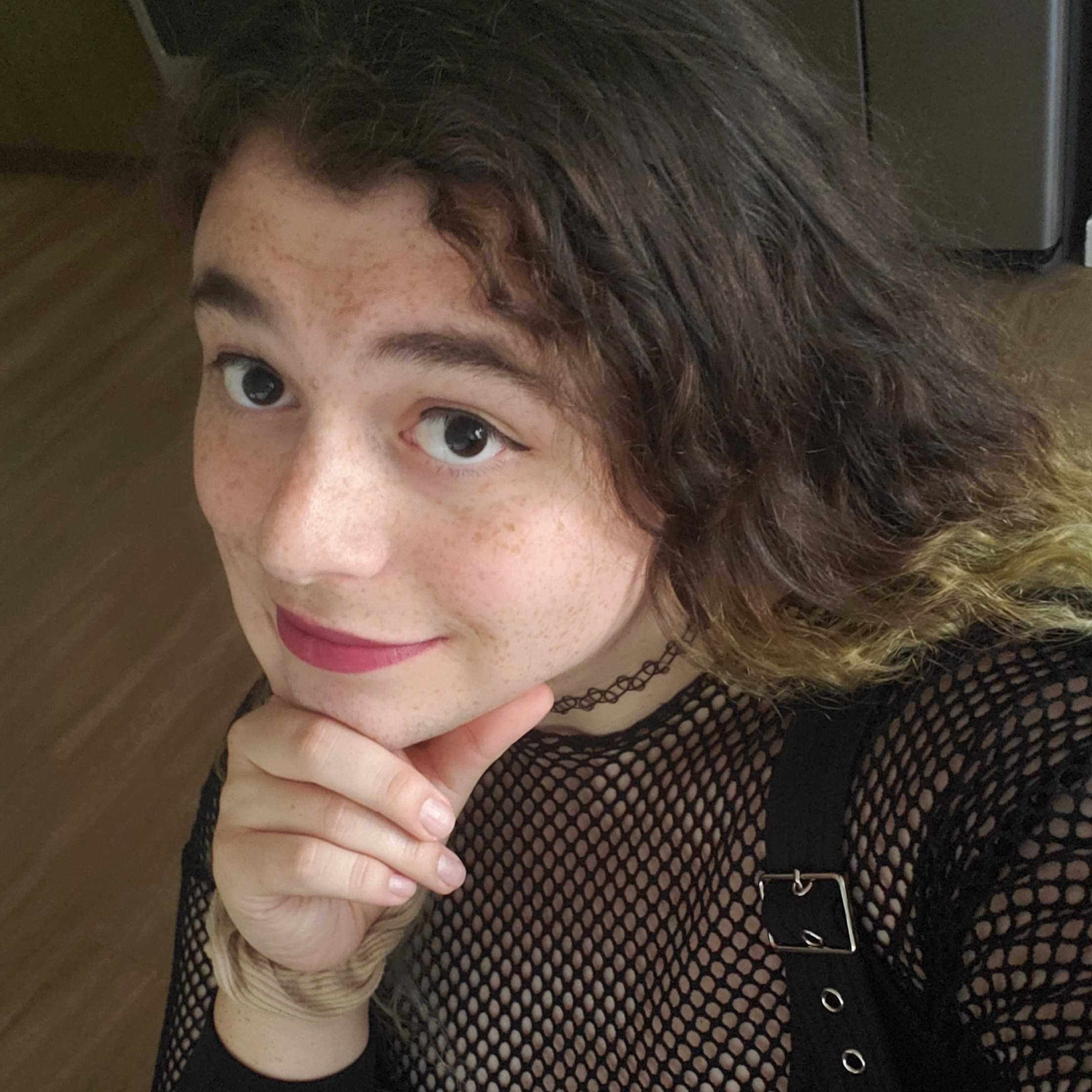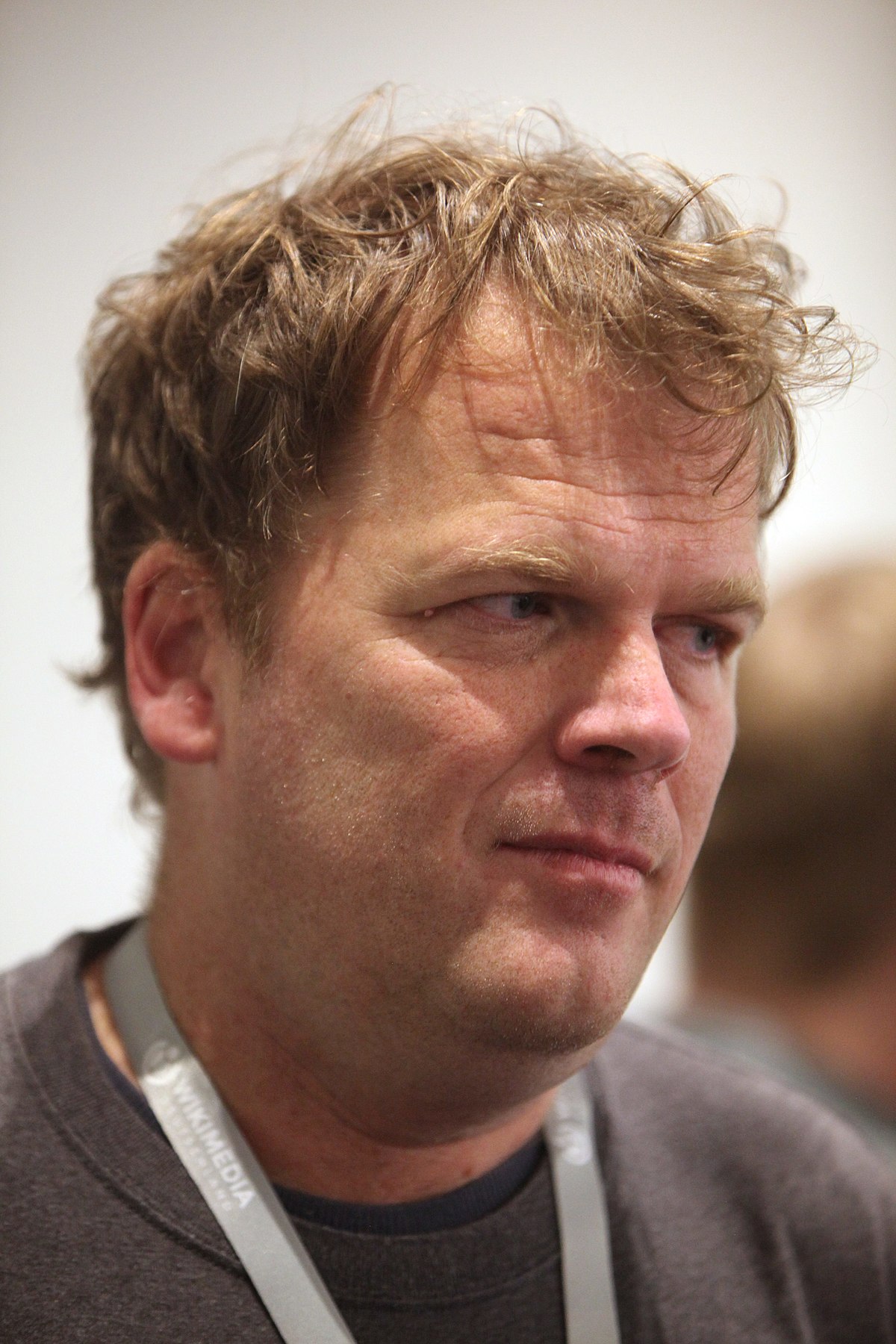Overview
Wikidata is an open knowledge base hosted by the Wikimedia Foundation that can be read and edited by both humans and machines. Wikidata acts as the central source of common, open structured data used by Wikipedia, Wiktionary, Wikisource, and others. It is used in a variety of academic and industrial applications.
In recent years, we have seen an increase in the number of scientific publications around Wikidata. While there are a number of venues for the Wikidata community to exchange, none of those publish original research. We want to bridge the gap between these communities and the research events and give the research-focused part of the Wikidata community a venue to meet and exchange information and knowledge.
The Wikidata Workshop 2023 focuses on the challenges and opportunities of working on a collaborative open-domain knowledge graph such as Wikidata, which is edited by an international and multilingual community. We encourage submissions that observe the influence such a knowledge graph has on the web of data, as well as those working on improving this knowledge graph itself. This workshop brings together everyone working around Wikidata in both the scientific field and industry to discuss trends and topics around this collaborative knowledge graph.
Call for Papers
This workshop will have two tracks: Novel Work, and Previously Published Work.
Papers in the Novel Work track will be published as part of the workshop proceedings. The Previously Published Work track is for papers already published in other conferences, giving the community the chance to access and discuss relevant work that has been presented elsewhere as part of the workshop.
Novel Work Track
The papers will be peer-reviewed by at least three researchers. Selected papers will be published on CEUR (unless authors wish to opt out).
Robert Bosch GmbH has signaled that they would likely sponsor a best paper award over 500 Euro.
For the Novel Work track, we will accept papers up to 12 pages (excluding references, contribution of the paper should justify the length of the paper). We invite the following types of papers:
Previously Published Work Track
Published papers will be reviewed by the organising committee in terms of topical fit and prominence of the publication venue. They will not be published as part of the proceedings.
For the Previously Published Work track, we will accept papers with no page limit, prioritizing instead the importance and relevance of the publication. We invite the following types of papers:
Submission
Papers have to be submitted through Openreview (link coming soon).
We ask authors to declare the track they intend on submitting to. To do so, please add, at the beginning of the "title" field on the Openreview submission, either the string "[Novel]", for the Novel Work track, or the string "[Published]", for the Previously Published track.
Submission Link: https://openreview.net/group?id=swsa.semanticweb.org/ISWC/2023/Workshop/Wikidata
Important Dates
Papers due: Thursday, 27 July 2023 (Extended)
Notification of accepted papers: Thursday, 31 August 2023
Camera ready papers due: Thursday, 07 September 2023
Workshop date: 07 November 2023 in Athens, Greece
Submission Guidelines
Submissions must be as PDF, for the [Novel] track formatted in the style of the CEUR Publications format for CEUR workshop proceedings. A template is available at https://www.overleaf.com/read/pwspggxsbdvy. For the [Published] track, no reformatting of the original PDFs is needed.
Schedule Detail
The workshop time is morning EET: Tentatively 8:30am - 12:30pm (EET), 7:30am - 11:30 pm (UK), 11:30pm - 3:30 am (California, US)
All times below in EET
-
08:30 - 08:40
Welcome
Welcome from the organisers, agenda, rules of engagement -
08:40 - 09:25
Keynote 1: Katy Weathington, University of Colorado Boulder
Queer Identities, Normative Databases: Discussing Queerness On Wikidata
-
09:25 - 09:45
Lightning Talks 1
-
09:45 - 10:05
Poster Session 1
-
10:05 - 10:50
Keynote 2: Andra Waagmeester, Micelio
Exploring Integration of Wikidata, Wikimedia Commons, and Wikipedia with the Semantic Web
-
10:50 - 11:10
Break
-
11:10 - 11:30
Lightning Talks 2
-
11:30 - 11:50
Poster Session 2
-
11:50 - 12:10
Lightning Talks 3
-
12:10 - 12:30
Poster Session 3
-
12:30 - 12:40
Closing
Concluding remarks, closing
Sessions / Papers
Poster session: Each poster receives an A0 portrait poster board.
Session 1:
- Ten years of Wikidata: A bibliometric study
Houcemeddine Turki, Mohamed Ali Hadj Taieb, Mohamed Ben Aouicha, Lane Rasberry, Daniel Mietchen - Conflations and duplications in Wikidata items: causes, detection, solutions, and issues
Camillo Carlo Pellizzari di San Girolamo - Preregistration: Comparing the use of Wikidata and Wikipedia by open-source software programmers on GitHub repositories
Houcemeddine Turki, Mohamed Ali Hadj Taieb, Mohamed Ben Aouicha, Lane Rasberry, Daniel Mietchen - Knowledge gap discovery: A case study of Wikidata
Millenio Ramadizsa, Fariz Darari, Werner Nutt, Simon Razniewski - WikiframeVG: A SPARQL Template-based Framework for Wikidata Graph Exploration and Visualization
Darnelle Melvin, Andre Hulet, Cory K Lampert - Automating the use of Shape Expressions for the validation of semantic knowledge in Wikidata
Houcemeddine Turki, Mohamed Ali Hadj Taieb, khalil Chebil, Mohamed Ben Aouicha, Lane Rasberry, Daniel Mietchen
Session 2:
- WikiMed-DE: Constructing a Silver-Standard Dataset for German Biomedical Entity Linking using Wikipedia and Wikidata
Yi Wang, Corina Dima, Steffen Staab - Bravo MaRDI: A Wikibase Knowledge Graph on Mathematics
Moritz Schubotz, Eloi Ferrer, Johannes Stegmüller, Daniel Mietchen, Olaf Teschke, Larissa Pusch, Tim Conrad - PhyQus: Automatic Unit Conversions for Wikidata Physical Quantities
Felipe Vargas-Rojas, Axel Polleres, Llorenç Cabrera-Bosquet, Danai Symeonidou - A is the B of C: (Semi)-Automatic Creation of Vossian Antonomasias
Giada D’Ippolito, Nicolas Lazzari, Anouk Michelle Oudshoorn, Disha Purohit, Ensiyeh Raoufi, Johanna Rockstroh, Sebastian Rudolph - KeySearchWiki: An Automatically Generated Dataset for Keyword Search over Wikidata
Leila Feddoul, Frank Löffler, Sirko Schindler - Presenter: Jan Martin Keil
- SALTBot: Linking Software and Articles in Wikidata
Jorge Bolinches, Daniel Garijo
Session 3:
- Language-independent Taxonomy Derivation from Wikipedia via Multi-task Adversarial Learning
Shulin Cao, Zijun Yao, Lei Hou, Juanzi Li - When OntoLex Meets Wikibase: Remodeling Use Cases
David Lindemann, Sina Ahmadi, Anas Fahad Khan, Francesco Mambrini, Federica Iurescia, Marco Carlo Passarotti - Non-binary gender representation in Wikidata
Daniele Metilli, Chiara Paolini, Beatrice Melis, Marta Fioravanti - Draw Me Like My Triples: Leveraging Generative AI for Wikidata Image Completion
Raia Abu Ahmad, Martin Critelli, Sefika Efeoglu, Eleonora Mancini, Célian Ringwald, Xinyue Zhang, Albert Meroño-Peñuela - Qualifier Recommendation for Wikidata
Andrei Mihai Ducu, Michael Cochez
Our Speakers

Katy Weathington
University of Colorado Boulder
Keynote
Queer Identities, Normative Databases: Discussing Queerness On Wikidata

Andra Waagmeester
Micelio
Keynote
Exploring Integration of Wikidata, Wikimedia Commons, and Wikipedia with the Semantic Web

Location
Co-located with ISWC 2023
In Athens, Greece, in-person
Organization
Organizing Committee
Joint email: wikidata-workshop@googlegroups.com
Lucie-Aimée Kaffee, Hasso Plattner Institute. lucie.kaffee[[@]]gmail.com
Lucie-Aimée Kaffee is a postdoctoral research fellow at the Hasso Plattner Institute. She acquired her PhD from the University of Southampton and was previously a postdoctoral research fellow at CopeNLU, University of Copenhagen, a research intern at Bloomberg, London, a research fellow at TIB Hannover and software developer in the Wikidata team, Wikimedia Germany. Her research focus is multilingual linked data in collaborative knowledge graphs and natural language processing.
Simon Razniewski, Bosch Center for AI, Simon.Razniewski[[@]]de.bosch.com
Simon Razniewski is a research scientist in the NLP and Neuro-Symbolic AI group at the Bosch Center for AI. His research focuses on methods for knowledge base construction, as well as quality assessment, with applications in Wikidata and beyond. He has held senior roles in program committees of major conferences such as IJCAI'21 (area chair), or ISWC'20 and CIKM'20 (senior PC member).
Kholoud Saad Alghamdi, King's College London, kholoud.alghamdi[[@]]kcl.ac.uk
Kholoud Saad Alghamdi is a PhD candidate at King's College London. She obtained her master's degree in Computer Science from the University of Southampton. Her PhD project develops an items recommender system for Wikidata editors. Before that, she was lecturer at King Abdulaziz University and worked previously as a data analyst in the industry.
Hiba Arnaout, Max Planck Institute for Informatics, harnaout[[@]]mpi-inf.mpg.de
Hiba Arnaout is a PhD candidate at Max Planck Institute for Informatics. Her research focus is on searching and curating knowledge bases. She co-created and presented a tutorial on Completeness, Recall, and Negation in Open-World Knowledge Bases at top venues such as VLDB and KR, and participated in the PC of various conferences such as ISWC and IJCAI.
Program Committee
Daniele Metilli, University College London
John Samuel, CPE Lyon
Elisavet Koutsiana, King’s College London
Houcemeddine Turki, University of Sfax
Cristina Sarasua, University of Zurich
Seyed Amir Hosseini Beghaeiraveri, Heriot-Watt University
Thomas Pellissier Tanon, Lexistems
Dennis Diefenbach, The QA Company
Stefan Heindorf, Paderborn University
Cristian Consonni, Eurecat Centre Tecnològic de Catalunya
Pierre-Henri Paris, Télécom Paris
Lydia Pintscher, Wikimedia Deutschland
Hoang Thang Ta, Singapore University of Technology and Design
Daniel Garijo, Universidad Politécnica de Madrdid
Filip Ilievski, University of Southern California
Niel Chah, University of Toronto & Microsoft
Mahir Morshed, University of Illinois at Urbana-Champaign
Sponsors

